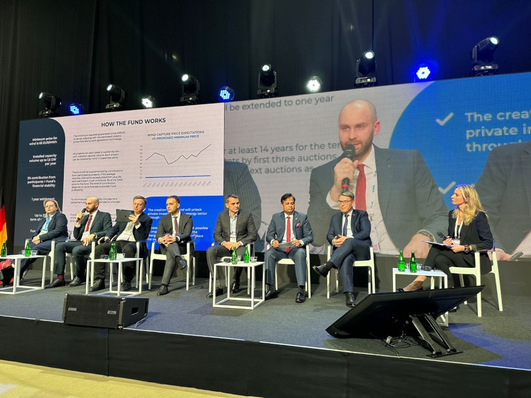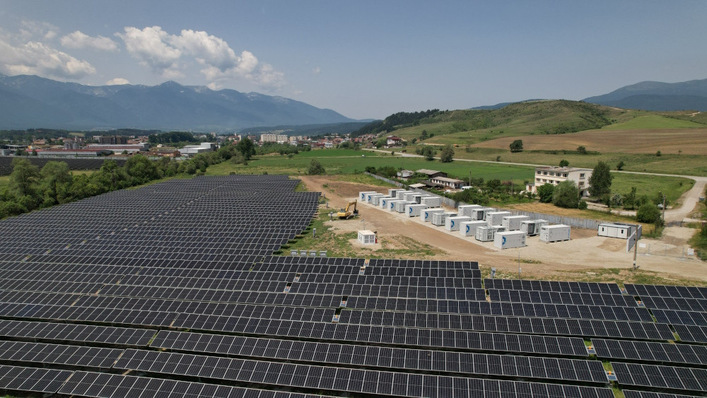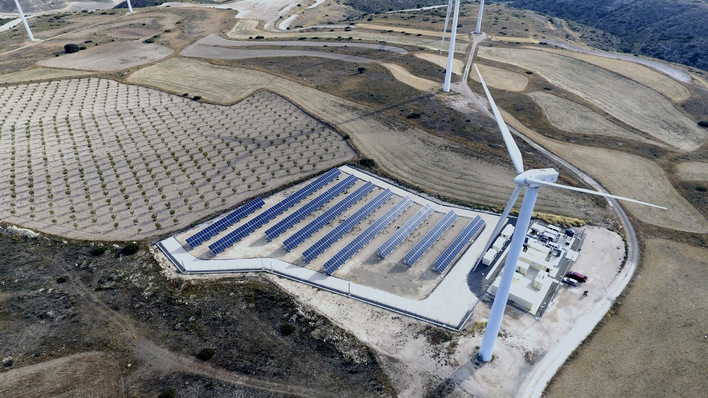The EU introduced the European Long-Term Investment Fund (ELTIF) back in 2015. The aim was to facilitate investments in illiquid private market investments, i.e. in unlisted investment properties, and to promote urgently needed investments in infrastructure projects by supporting institutional and private investor’s access via a clearly regulated vehicle.
Also read: ELTIF (I): Expansion of renewables requires immense investments
This means that ELTIF is fundamentally predestined for investments in solar parks, wind turbines, green power grids and other projects that advance the energy transition. However, until the regulations are revised, restrictions on sales in the form of minimum investments and assets as well as restrictive rules for investment strategies have proven to be an obstacle.
Joachim Goldbeck: “Negative electricity prices are a bad fit with PPAs”
Some bugs fixed
The EU has now corrected these design errors with the set of rules, also known as ELTIF 2.0. Since the new regulations, the funds are now generally open to all private investors; Minimum investment amounts and other documentation requirements no longer apply. This means that roughly the same rules apply as for open-ended mutual funds (Ucits) that invest in stocks or bonds or both. In addition, an equally high level of investor protection is guaranteed.
Free download: New opportunities for former tailings dump in Germany (PDF)
Fixed terms prescribed
However, there are important differences that reflect the long-term nature of private market investments. ELTIFs have a fixed term from the outset. In contrast to open-ended mutual funds, there is no provision for daily trading or early redemption of shares, although redemption options can be integrated into certain ELTIF vehicles subject to certain requirements.
Dan Garlin of Uniper: Strong partner in project business (video)
Private investments in the energy transition
This means that all private investors now have an investment vehicle at their disposal with which they can participate directly in renewable energy systems and infrastructure and benefit to the same extent from the aforementioned advantages of private market investments in general and investments in energy infrastructure in particular institutional investors.
With the ELTIF you not only have an instrument at hand that appears to be well suited for diversified long-term wealth creation. They also contribute to the urgently needed financing of the energy transition.
Jinko Solar reaches 300 GW milestone of PV module delivery
More investment required
In order to achieve global, regional and national climate protection goals and limit global warming, a rapid expansion of renewable energies is essential. Photovoltaics plays a key role here. There is an enormous need for financing to expand solar power.
A significant portion of the capital must therefore be provided by private investors. While the regulatory environment for such investments has recently improved, especially for private investors, and demand is increasing, a continuous increase in investments in decarbonization remains necessary in order to achieve climate goals.
The author: Robert Guzialowski has been Head of Business Development Real Assets at HANSAINVEST Hanseatische Investment-GmbH since August 2022, where he is particularly responsible for sales of private debt, private equity, renewable energy, infrastructure and real estate funds is. Previously, he was Head of Real Assets Germany at Hauck Aufhäuser Lamp Privatbank AG. In addition to sales and customer management at the AIF depository, he was responsible for supporting the capital management companies from the start of the business relationship through onboarding to fund transactions. Robert Guzialowski is a lawyer and regularly speaks and publishes on regulatory developments.








